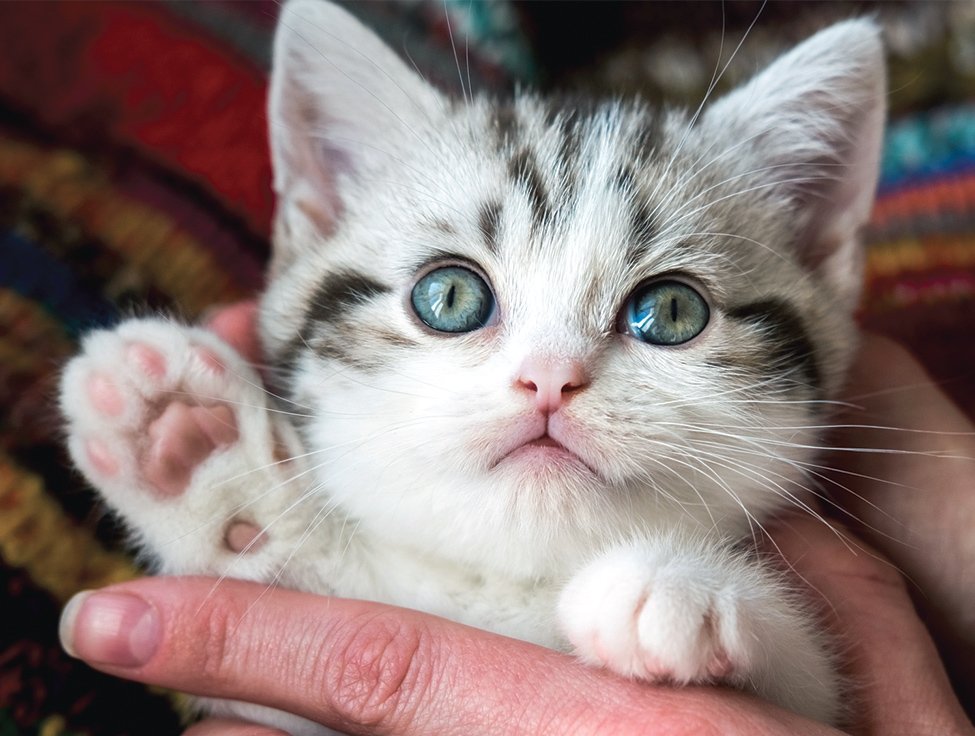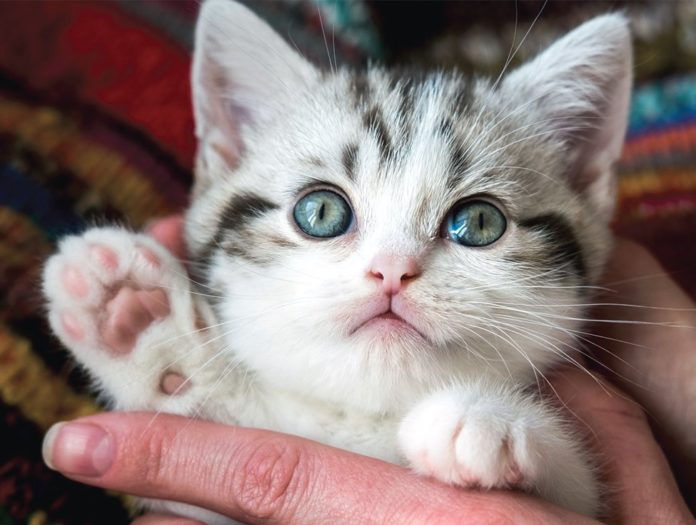
E_Serebryakova | Deposit Photos
Q. We recently lost our dear 22-year-old cat after a prolonged illness, and her absence has left a void in our lives that has been difficult. While we are considering bringing another cat into our home, the guilt associated with trying to “replace” her has caused us hesitation. I’m not sure how you can help, but we thought others may be experiencing the same dilemma.
A. Thank you very much for contacting us, and please accept my deepest condolences for your loss. I know that this is a difficult time, and you are clearly grieving, which is why you’re hesitant to get another kitty. Feline friends become part of the family and losing a beloved cat can be as emotionally challenging for people as losing a relative or close friend (more so, in some cases).
It’s important that you understand grief is a normal process and that people go through it in very different ways. Regardless of this variability, though, the grieving process that most people go through after losing a beloved friend has a number of things in common, including different stages that may be experienced in variable orders.
The common stages of the grieving process include denial (during which time the bereft may have difficulty accepting their loss), anger (which can prompt internal thoughts about the unfairness of their loss), bargaining (characterized by raising questions about how outcomes may have been different if we had noticed things or taken action earlier), depression (which can be characterized by lack of motivation, crying, and difficulty sleeping), and acceptance of the fact that our loved one is no longer with us.
While it is natural for those who are grieving to continue to feel sad about their loss, the process usually results in a gradual return to a more normal emotional state in which the bereft can cope with the normal stresses of life and return to a more optimistic outlook on the future. It is very important that those who are grieving are supported by family and close friends, and that they are reminded that there should be no guilt associated with this gradual return to normalcy. Some people feel guilty in resuming a more normal life without the beloved pet that they have lost, and being reminded that resuming this normalcy does not in any way diminish their love for the cat they have lost can be very helpful.
In most cases, people who are grieving the loss of a feline friend can manage getting through the grieving process with support of family and friends, and can ultimately resume life with the loving memory of their lost loved one serving as a source of emotional warmth and thankfulness. In some cases, though, grieving individuals may have more difficulty coming to terms with a loss and with the resumption of normal life. In these cases, it may be very appropriate to seek grief counseling from a trained professional social worker, therapist, or psychologist, and it is very important to note that there is no shame associated with, nor valid stigma associated with, seeking such help.
I hope that this is helpful, and my wish is that you and your family will ultimately pass through the normal process of grieving and emerge from it with a fond and heartwarming remembrance that will be with you for many years to come.
Best wishes to you from all of us here at CatWatch and The Cornell Feline Health Center, and may your memories of your baby be happy and peaceful.
All my best,
Elizabeth




